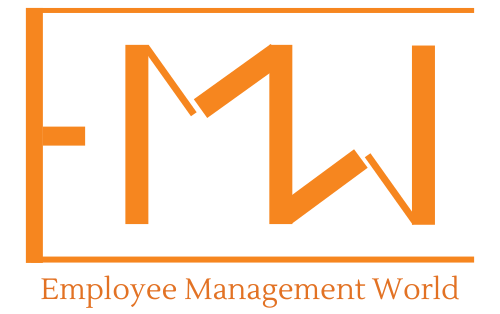What To Measure in 360-Degree Feedback?
Introduction
360-degree feedback is the most used tool for employee performance management in mid to large organizations since it is multi-faceted and gives a holistic view of various quantitative and qualitative factors.
The whole purpose behind implementing a 360-degree feedback review appraisal system is to identify skill gaps, provide the required training, measure employee performance and set new goals. It drives toward improving employee productivity and, thus, organizational performance.
However, if not done right, it can be a tedious process that barely shows fruitful results. If implemented incorrectly, it may also hamper internal harmony and lead to conflicts. Hence, it is critical to know what to measure and how to implement a 360-degree feedback appraisal system in your organization.
What to measure in 360-degree feedback reviews?
While it is crucial to understand how to conduct 360-degree reviews, what skills need to be evaluated are equally important. Let us dive straight into this.
- Communication skills
- Interpersonal relationships
- Leadership skills
- Team Management
- Creativity
- Organizational Skills
- Collaboration
- Innovation
- Ethics
- Growth and Development
1. Communication Skills
Communication is a two-way journey. It is not only about sending the message across but doing it such that the receiver understands the same. It is also about deciphering what others say and delivering based on their expectations. It requires a high level of communication skills that become crucial in customer-centric and client-facing roles.
2. Interpersonal Relationships
As humans, we are emotional, and relationships impact our behavior to a great extent. Many times good relationships at work help in achieving team goals, improving productivity, ensuring harmony, and happiness within the team, etc. As a manager, this skill is pivotal to ensuring team success.
3. Leadership Skills
An efficient team is the result of great leadership. And with the title and designation comes higher responsibilities. Many case studies talk about how great leadership has turnaround businesses that were on the verge of shutting down. On the contrary, poor leadership can lead to downfall too. Leave the extremes, when planning career ladders, HR tries to identify people with leadership qualities and train them to occupy higher positions.
4. Team Management
A common saying goes, If you want to go fast, go alone, and if you want to go far, go together. Individual members of a team are like gears in a clock. If even one gear malfunctions, the clock stops working, and the hands don’t move ahead. In a team setting, it is a collaborative effort that helps to achieve team goals and organizational objectives. Hence, this is an important skill to assess.
5. Creativity
When in a creative field like design, Ui/UX, etc., creativity is highly valued. Your growth has a lot to do with how you are with your creative skills. It is a skill that is difficult to quantify, but it must be considered while measuring performance.
6. Organizational Skills
Certain profiles like client management, account management, project management, etc. require high organizational skills to ensure the successful completion of projects. It is almost mandatory to excel at this skill if you want to deliver results. In 360-degree feedback, these skills become easy to review if little training is provided and proper guidelines are in place.
7. Collaboration
As a part of the company, you must collaborate with multiple people across diverse roles to get the work done. There is very little that one can accomplish independently. Someone with a collaborative mindset will always find ways to get the work done through the right people in the right way. In today’s world, where networking is gaining more and more importance, collaboration is a critical skill.
8. Innovation
Innovative people always figure their way out. They know how to battle problems and find solutions no matter what. Many challenging roles need problem solvers and innovative thinkers who can think out of the box and help the company grow. Such skilled employees should be fostered and valued.
9. Ethics
Not many businesses realize the huge impact of work ethics on employee performance as well as team performance. Professionalism, dedication, sincerity, responsibility, and humility, are all elements that differentiate employees with great work ethics. This quality helps the employees to sustain even in turbulent times and help the company sail through.
10. Growth and Development
People with a growth mindset are willing to take up challenges, learn from opportunities, take feedback positively, and grow in their careers. It is more of a habit than a skill. And it not only benefits the employees but the entire business to achieve its goals and growth.
Conclusion
To get the best results from your 360-degree feedback review process, it is essential to quantify the measurement of these qualitative aspects to as much extent as possible. It makes it easier for the raters to assess the employee and less complicated for HR to analyze the same.
